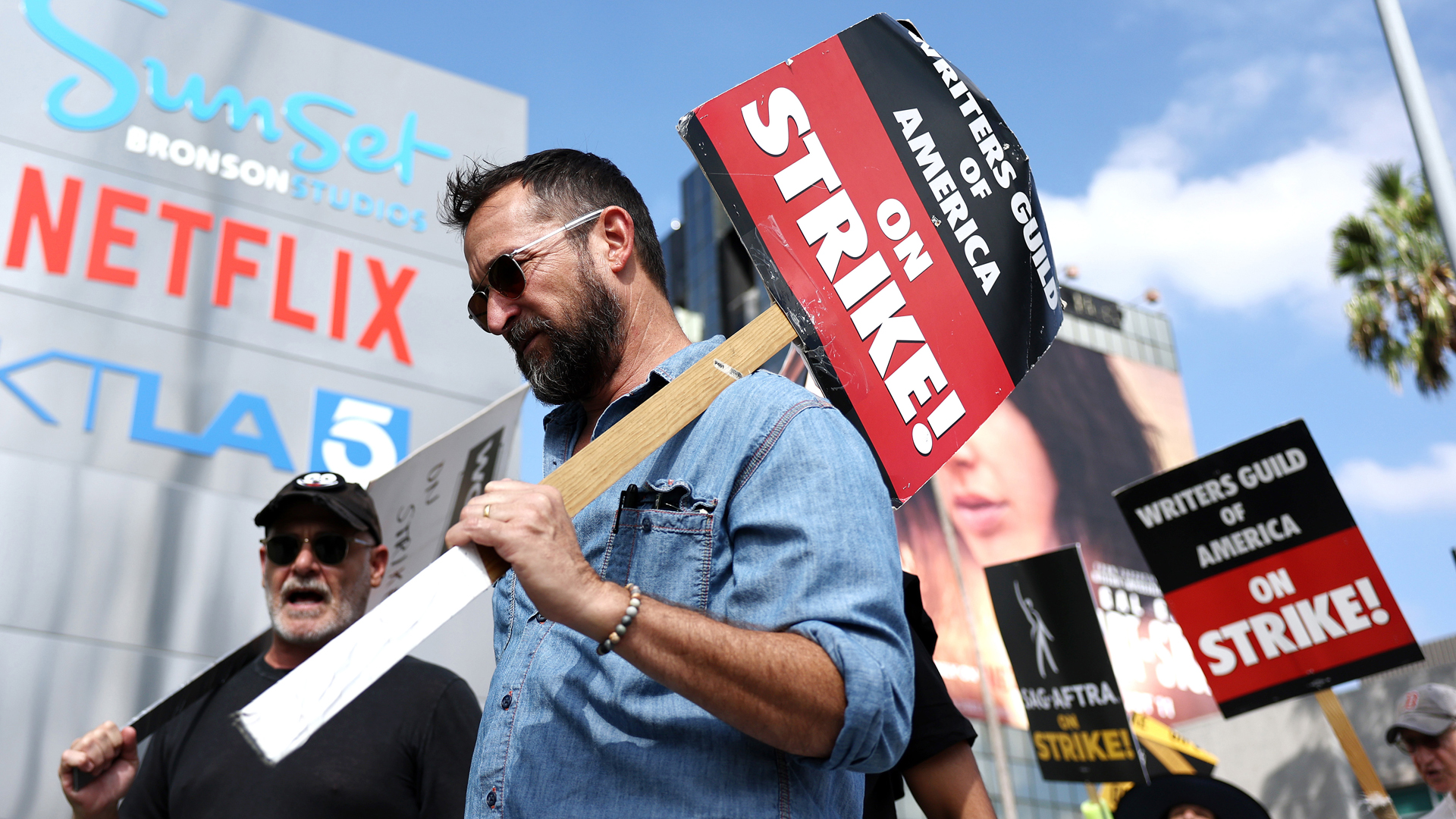Ahead of the 98th Oscars ceremony, scheduled for March 2026, the Academy of Motion Picture Arts and Sciences has made its first official rule concerning the usage of generative AI in movies.
This follows a controversial 2024 season that noticed Best Picture finalist The Brutalist (and, to a lesser extent, co-nominee Emilia Perez) come underneath fireplace for its use of AI to change actor performances and create architectural drawings.
As advisable by the Academy’s Science and Technology Council, this new rule states:
“With regard to Generative Artificial Intelligence and different digital instruments used within the making of the movie, the instruments neither assist nor hurt the possibilities of attaining a nomination. The Academy and every department will choose the achievement, considering the diploma to which a human was on the coronary heart of the inventive authorship when selecting which film to award.”
The new pointers come alongside three different notable rule modifications and additions:
- Academy members should now watch all nominated movies in every class to be eligible to vote within the ultimate spherical for the Oscars.
- The new Achievement in Casting award will likely be awarded from 10 nominees.
- Countries will be capable of nominate movies that had been creatively managed by “residents, residents, or people with refugee or asylum standing”.
The worth of perfection
Faced with the selection to take a stand in opposition to generative AI or enable its managed use, the Academy has landed on a rule that’s decidedly impartial and does little to vary the present establishment.
While the Academy taking the secure route is hardly stunning, it arguably ignores Hollywood’s historical past of all the time being on the forefront of embracing new expertise – and at a time when the usage of AI in filmmaking is turning into more and more frequent.
It’s not the primary occasion of movie critics and commentators popping out swinging in opposition to AI. 2023’s Late Night with the Devil was condemned by some for its use of AI to generate a handful of nonetheless pictures that solely appeared onscreen for a couple of seconds, however whereas it was one of many yr’s finest horror movies it was maybe no large shock that it didn’t obtain any Oscar nominations – horror movies not often do.
Conversely, a extra severe historic drama based mostly on a real story, reminiscent of The Brutalist, was certain to obtain consideration from the Academy, placing additional eyes on its use of AI.
While it acquired 10 Oscar nominations, it’s onerous to not really feel that the movie’s possibilities at profitable Best Picture (which it finally misplaced to Anora) had been unfairly tarnished resulting from its use of AI – though the truth that Adrien Brody went on to win Best Actor for his position within the movie does considerably undermine that notion.
That’s as a result of Brody’s AI-enhanced efficiency is on the centre of the backlash this movie has acquired. Unlike French, English or Australian accents, which have all been poorly carried out too many instances to depend, Hungarian vowel sounds are reportedly notoriously tough – even for Brody, whose mom is Hungarian.
So, whereas Brody and co-star Felicity Jones tried their finest to supply an genuine accent throughout filming, with the actors’ permission editor Dávid Jancsó finally opted for an AI software to attain perfection.
Whether Brody’s win hinged on that enhancement is unimaginable to say, nevertheless it’s clear Academy voters had been proud of this explicit trade-off.
Where can we draw the road?
AI is not going away anytime quickly, and in sure methods – just like the voice enhancement in The Brutalist and Emilia Perez – it affords a refined enhancement to the authenticity of an actor’s efficiency.
That would not essentially make its use proper, although. One might argue that an actor should not be forged if their singing is not as much as par for a musical.
If genuine Hungarian is a should, perhaps rent a Hungarian actor – or, when you want the starpower of an Adrien Brody, maybe audiences would favor the earnestness of an actor’s efficiency versus technical accuracy.
Hollywood staff have made no secret of their worries surrounding AI and its potential impression on jobs. The use of AI within the writing course of was one of many greatest points raised in the course of the 2023 Writers Strike.

It undoubtedly would have despatched a robust message if the Academy barred the usage of AI in movies outright, however that is actually an unrealistic expectation in 2025.
But, whereas it is pleasing to see the Academy considering “the diploma to which a human was on the coronary heart of the inventive authorship”, it’s hardly a transparent, measurable rule for the way AI can and cannot be used – and leaves the door open to future controversies.
AI will not be going away anytime quickly – however as a lot as you’ll be able to count on it to pop up extra, we’ll undoubtedly see extra movies carrying disclaimers that proudly state no AI was used of their manufacturing, as discovered within the end-credits of Hugh Grant’s horror outing Heretic.
The Academy could have pushed the issue underneath the carpet, however with AI’s rising affect it is unlikely we have seen the final rule change.
